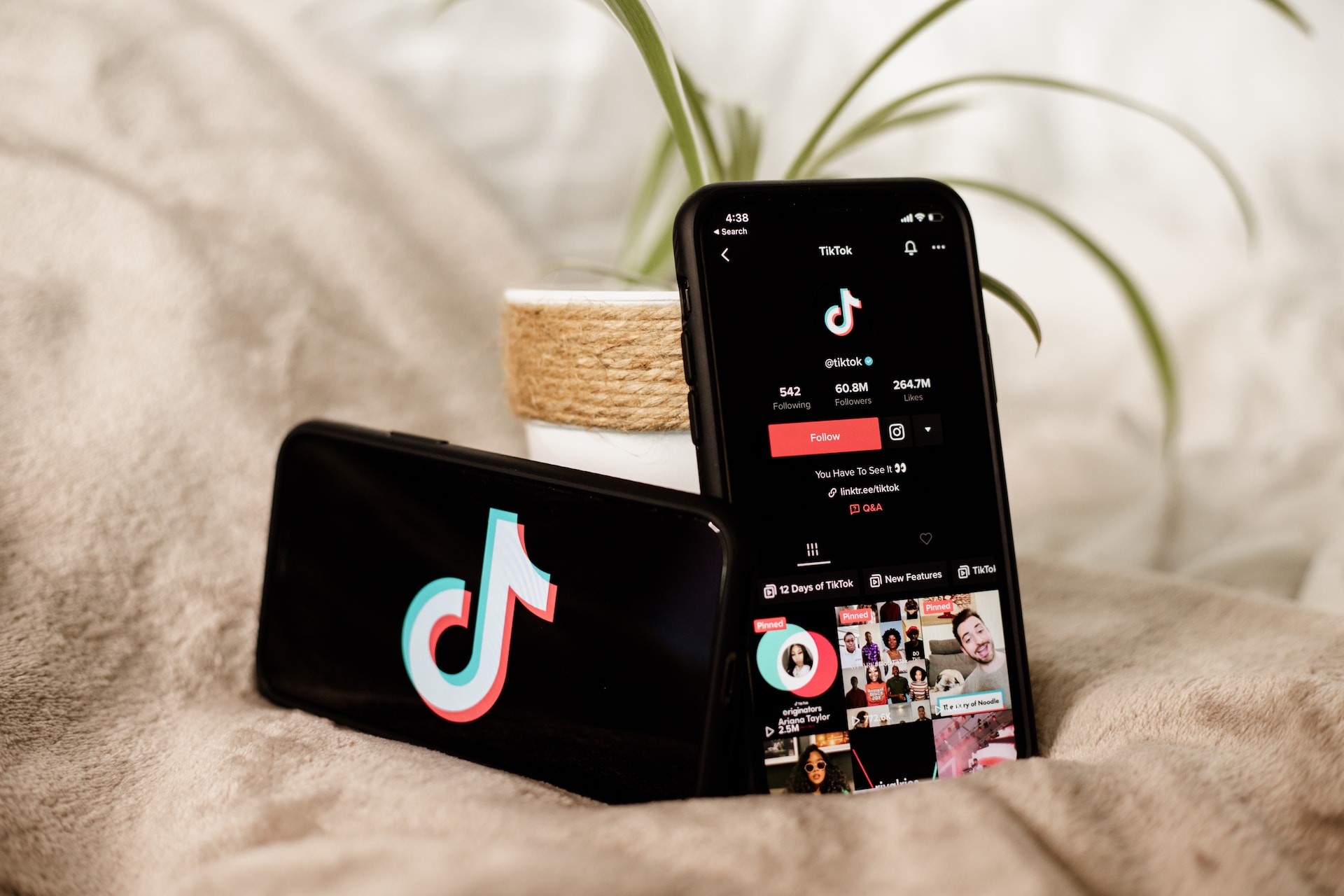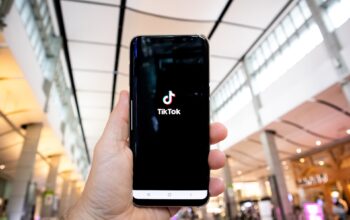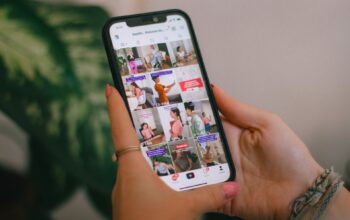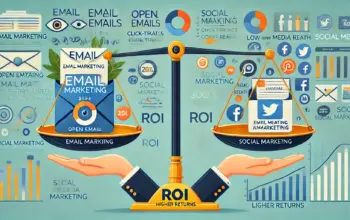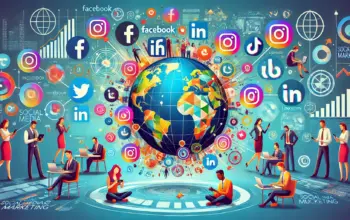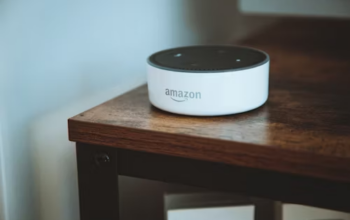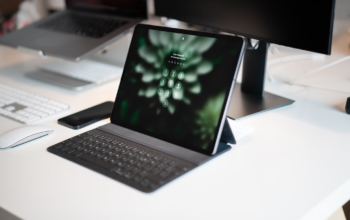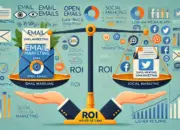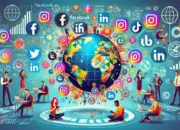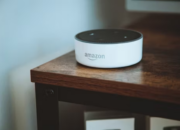Uzone.id – Short videos have changed the way we consume content on social media, this kind of content is the most popular one right now. But their rapid popularity comes with significant cons.
A psychologist Dr. Emily Grant warned all generations that platforms like TikTok, YouTube, and Instagram have popularized this format, captivating millions with quick bursts of entertainment.
However, beyond their popularity, there are concerns raised about their impact on mental health and social behavior. Let’s dive into why these seemingly harmless clips might not be as innocent as they appear.
Short videos could lead you to emotional rollercoaster
Have you ever experienced being sad then 30 seconds later you’re laughing and then sad again, but then laughing and keep doing it while scrolling TikTok, Instagram Reels, or YouTube Shorts? It’s like riding a rollercoaster without a break.
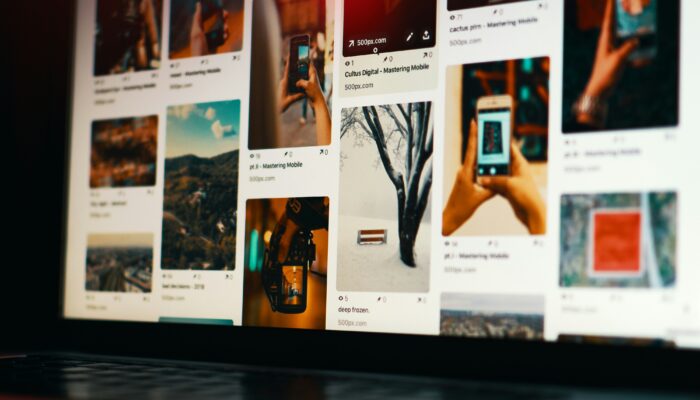
From tear-jerking pet videos to laugh-out-loud challenges, short videos evoke a whirlwind of emotions in less than a minute.
A behavioral psychologist warns that “Excessive exposure to emotionally charged content can lead you to emotional fatigue and desensitization. It could affect our ability to empathize and connect with others on a deeper level.”
Attention span challenge
Have you ever found yourself lost in TikTok videos only to realize that your precious hours have slipped by? Or have you ever felt like it’s hard for you to stay focused even for 10 minutes and wanted to go back to scrolling through your screen? Well, this is the problem.
Dr. Grant, who is a behavioral psychologist explains, “The rapid-fire nature of short videos trains our brains to seek quick hits of entertainment, making it harder to focus on tasks that require long-time attention.”
It’s like you’re trying to finish homework while a comedy show is playing in the background, you might laugh, but your productivity falls.
Short video could make you feel disconnected from society
Oh of course getting FYP and gaining tons of likes on the video you posted makes you feel awesome and excited, but the real question is what’s the real impact on your real-life environment?
Focusing too much on likes and followers can push you away from building real-life connections and having genuine social experiences. Remember fellas, real-life friendships are more than double-taps and emoji comments on your post.
Social media analyst Sarah Patel points out, “Platforms like TikTok and Instagram emphasize popularity through likes and views, which can lead to a culture of comparison and validation-seeking behavior.”
Short video could harm your physical and mental health
“Scrolling through endless short videos can strain your eyes, disrupt your sleep patterns, and keep you glued to your seat,” said Dr. Michael Chen, a health researcher.
The addictive feeling of these platforms can mess with your sleep cycles and raise your stress levels. It’s like binge-watching your favorite show late into the night—fun at first, but not so great for your well-being the next morning.
Short videos can be fun and provide a quick break, but it’s important to balance them with healthy habits and real-life activities. Don’t stick too long watching TikTok, Instagram Reels, or YouTube Shorts but try to feel the fresh air outside the house.
You can set screen time limits, mix up your content, and prioritize real-life interactions. Little reminder, technology exists to improve our lives, not to make us feel exhausted or disconnected from our society.
As we use social media, we should be mindful. You can still enjoy short videos but always remember the limits and focus on genuine connections and well-being. In this way, we can still enjoy online experiences without falling into negative impacts that could harm our real life.

